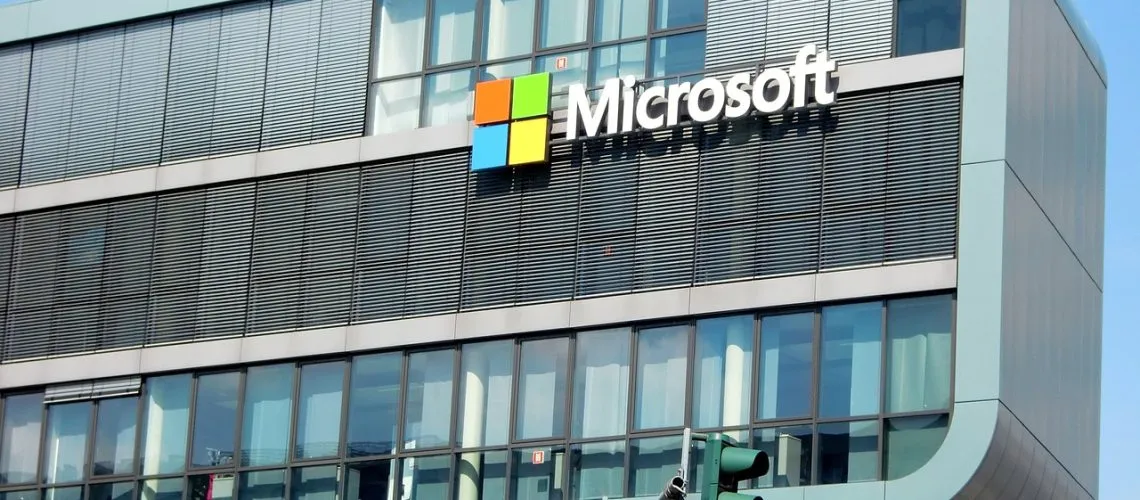When businesses think of search engine optimisation, Google is the search engine that comes to mind. However, with over 1 billion visits per month, Bing (the 2nd largest search engine) deserves attention too. Despite being overshadowed by Google, Bing offers several unique opportunities for you to increase your online presence and visibility. In this blog, we will look at the benefits of Bing SEO and why UK businesses should consider investing in optimising for this search engine.
Understanding Bing SEO
Bing SEO refers to the process of optimising your website to rank higher in Bing’s search engine results pages (SERPs). Although Bing operates in a similar way to Google in terms of ranking factors, there are some critical differences that you can leverage for better results.
Why Bing SEO Matters
While Google remains dominant in the search engines landscape, Bing commands a substantial market share. Worldwide, Bing powers approximately 10% of all search traffic, which translates into millions of potential users. What’s more, Bing powers searches for partners such as Yahoo! and AOL, expanding its reach even further.
A key demographic that sets Bing apart from Google is its user base. Bing tends to attract an older, more affluent audience, which can be a valuable target for businesses in sectors like finance, luxury goods and professional services. Ignoring Bing SEO could mean missing our on high-intent users with significant purchasing power.

The Benefits of Bing SEO
- Less Competition and Easier Rankings
One of the main benefits of optimising for Bing is the lower level of competition. Since the majority of businesses focus primarily on Google, Bing’s SERPs tend to be less crowded. This gives smaller businesses and new websites a better chance to achieve high rankings in their respective industries.
Additionally, Bing’s ranking algorithm places significant weight on domain age and exact-match keywords. While Google has moved towards favouring more nuanced. content-driven SEO, Bing still values traditional signals like keyword usage in titles and meta tags. This can make it easier for businesses to rank for specific keywords on Bing than on Google.
- Higher Click-Through Rates
Bing’s audience often shows higher click-through rates compared to Google. According to studies, Bing users are more likely to click on ads and organic results. This higher CTR can lead to an increase in traffic and conversions, especially for businesses with optimised landing pages with relevant content.
- Better ROI on Paid Ads
While Google Ads is the go-to platform for paid search, Microsoft Ads (previously referred to as Bing Ads) offers better cost-per-click rates for certain industries. Businesses using Microsoft Ads can often secure more affordable clicks with less competition, making it a viable alternative or supplement to Google Ads. If you are spending heavily on Google Ads, Bing can help you stretch your advertising budget further while still reaching a relevant audience.
- Integration with Microsoft Products
Bing is integrated into several Microsoft services and products, including Cortana, Microsoft Edge, and Office. As Microsoft continues to expand its ecosystem, Bing will remain a key player in search results for millions of users worldwide. Optimising for Bing gives businesses access to this growing audience, especially as more companies and individuals use Microsoft’s solutions.
- Enhanced Local Bing SEO
Bing provides robust local search features, which can be particularly beneficial for businesses serving specific geographic areas. Similar to Google My Business, Bing Places allows businesses to make their local listings, helping them appear in local search results and on Bing Maps. By claiming and optimising a Bing Places listing, local businesses can improve their visibility in relevant local searches, helping drive foot traffic and online conversions.
- Visual Search Features
Bing has been at the forefront of visual search technology, allowing users to conduct searches based on images. This is particularly useful for eCommerce businesses and industries, where users may search for similar items based on an image. By incorporating high-quality images and optimising alt text and image descriptions, businesses can increase their chances of appearing in Bing’s visual search results.
Key Differences Between Google and Bing SEO
Although Bing and Google share many ranking factors, there are some differences that you should be aware of when optimising for Bing:
- Backlinks: Bing places greater emphasis on quality backlinks from authoritative websites, while Google focuses more on content relevance and user experience.
- Social signals: Bing acknowledges social media activity as a ranking factor. If a business has an active social media presence, this could boost its performance in Bing’s SERPs.
- Multimedia content: Bing rewards website that use multimedia content, including images, videos, and interactive elements. Websites rich in visual content may perform better on Bing than on Google.
Final Thoughts…
While Google may dominate the SEO landscape, Bing represents a valuable, often overlooked opportunity for businesses. With a significant user base, particularly among older, wealthier demographics, businesses can benefit from targeting Bing’s search engine. Whether you’re looking to rank higher in organic search, achieve better ROI from ads, or capitalise on Bing’s unique ranking factors, optimising for Bing should be part of your broader digital marketing strategy.
By giving Bing SEO the attention it deserves, you can tap into a different audience, reduce competition and ultimately drive more traffic and sales!







